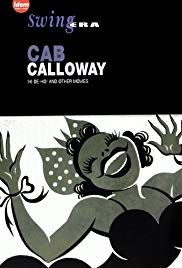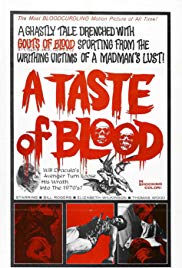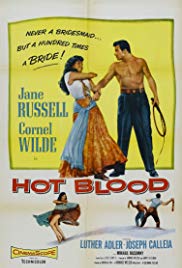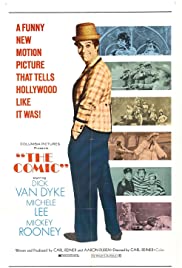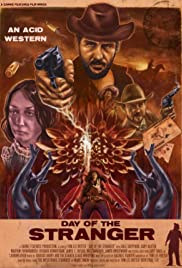Thieves (1977) Full Movie

#M
#H
#BackUp
Please try all servers ^^
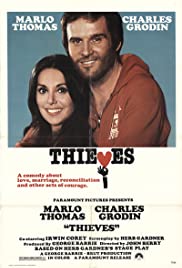
Thieves (1977) Free Movie Online
Director:John Berry, Alfred Viola
Stars: Marlo Thomas Charles Grodin Irwin Corey
Vote: 4.8
Quality: SD
Thieves (1977) Martin and Sally Cramer are a well-off couple of thirty-something New Yorkers whose once loving marriage is now stuck in a rut. Martin works as the principal of an elite private school and the enthusiasm and rebel spirit of his youth are now long gone. However, Sally is still the hopeful idealist and optimist she always was and prides herself with her hard work as the English teacher in a grade school in an impoverished crime-ridden neighborhood, where she's loved by the kids. They are both suffering from midlife crisis in a way, but they're dealing with it in an opposite manner. Martin has become a depressed nihilistic mediocrity and he accepts it. Sally has become frustrated by the lack of effort from both her husband and some of her troubled pupils to make things better for themselves and others, but she still has some lust for life left. Eventually, she realizes that their marriage is going nowhere fast and decides to leave Martin despite being in the early stage of pregnancy. This pushes Martin into a deeper state of depression. Both Martin and Sally decide to have a fling to see if that would help them temporarily forget about their problems. However, Martin loses it completely after that and Sally still has no idea what to do next. Will their story end in catharsis, tragedy or something in between? Secondary characters include the couple's nosy, slightly unhinged, sophisticated neighbor, Sally's racist neurotic cabbie father with the heart of gold and one of her troubled pupils who's a runaway and steals for a living. Some of the major secondary themes in the film are the state of urban decay, mental breakdown, poverty, disenchantment, melancholy, alienation and passage of time.
More Movies on M4ufree.Life
